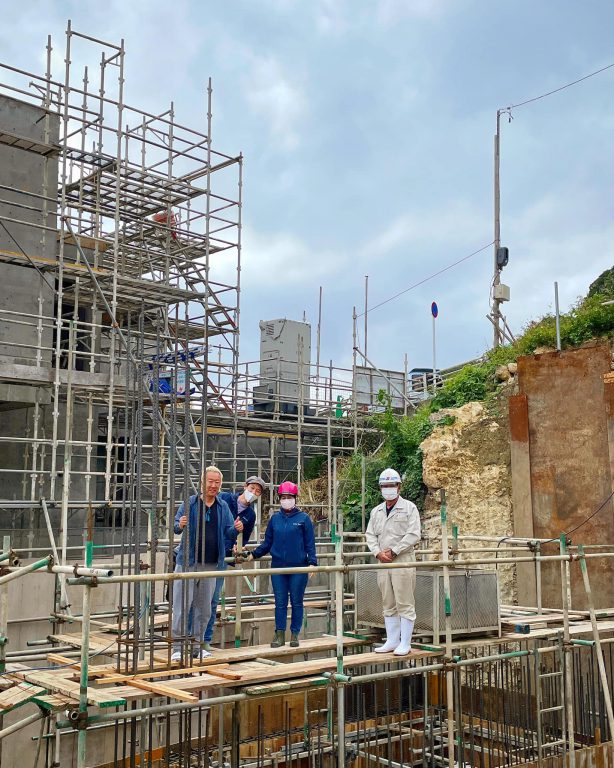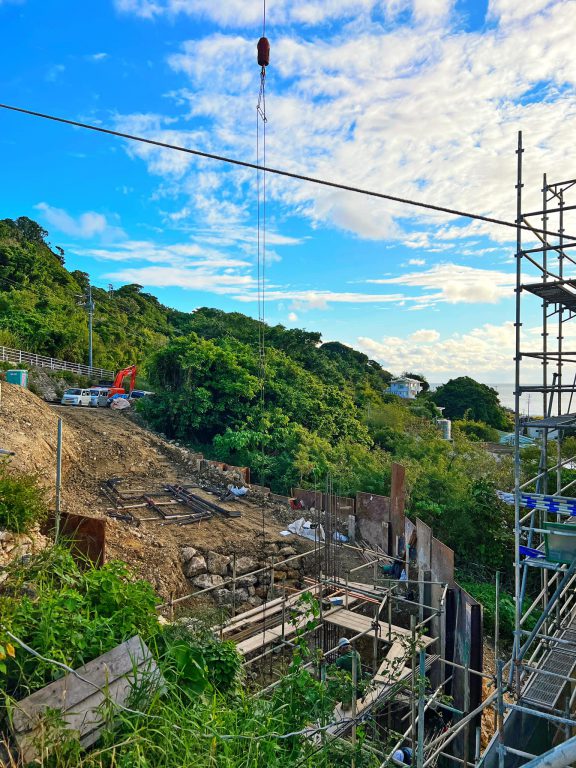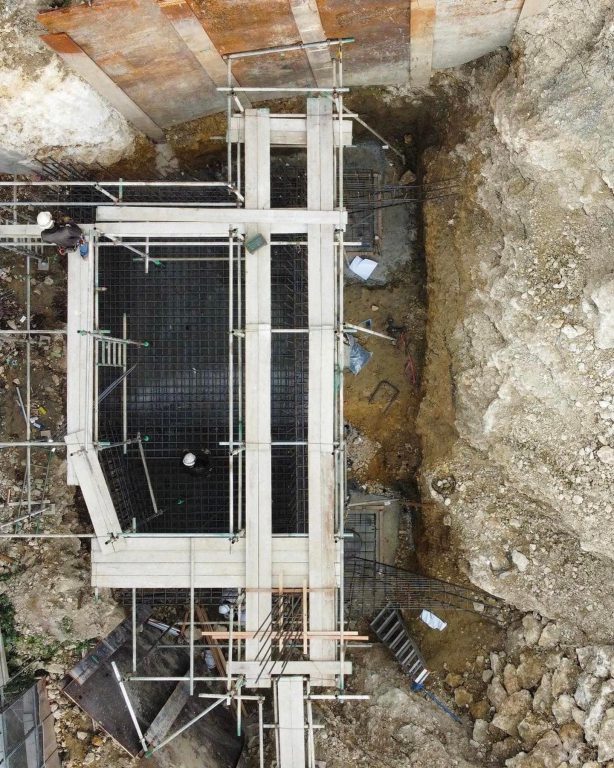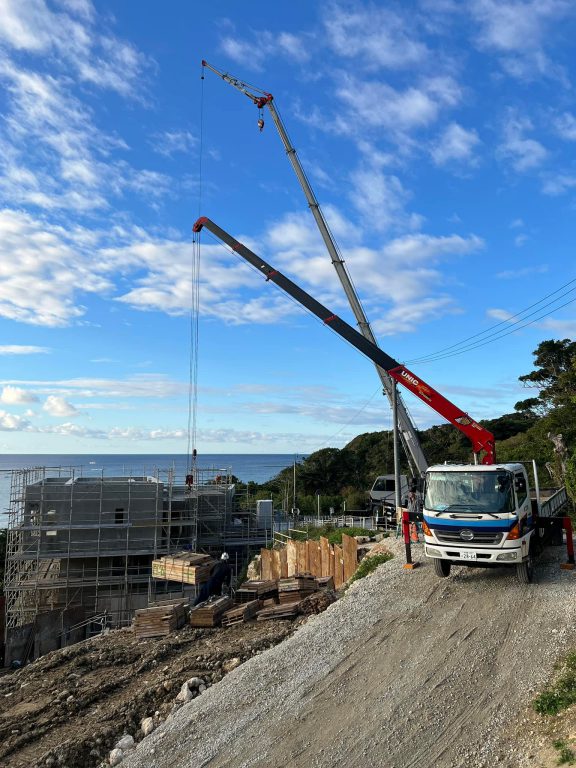Speedy Resorts: Smart City Ideas
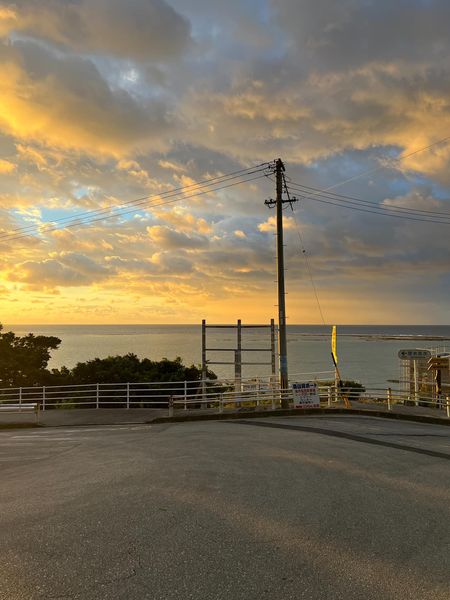
Speedy Resorts: Smart City Ideas
The history of human civilization is one of urbanization. This is because when people gather in large numbers, inconvenience decreases and convenience increases.
Before Corona, global urbanization reached 3.5 million people every week. It was like having a Los Angeles every week.
The coronavirus has caused a distortion of the city’s single-minded focus on efficiency. Three-density avoidance forced stay-homes and deprived people of freedom of movement between cities. Some people were able to move to the countryside and stay online, but most returned to the cities as the 5th wave passed and the transition from delta to omicrons took place.
As the hybrid life of real and virtual life develops rapidly, we must consider the role of new resorts.
The demand for two-night and three-day resorts to relieve the fatigue of working in the city will continue to have significance in the future, but we believe that the rediscovery of the good qualities of the countryside through the Corona-avoidance move has made possible the long vacations (although the discovery that it must be named a work vacation every time is sad) that have long been lacking among the Japanese.
Originally, it was common for people around the world to work during long vacations in between. There is an assumption that only IT professionals who work on computers can work anywhere. However, I do consulting in Tokyo, agriculture and resort development in Okinawa, gallery management in Los Angeles, and NFT trading in Estonia, and I don’t see any problem. People often ask me if I have a huge number of employees, but I have only three employees at the head office. So how do they do it?
Most of the staff involved are excellent people who work in multiples. I also outsource (crowdsource or partner with gig workers) all tasks in areas where I don’t have expertise.
If a long-term stay resort is to be established, the location must sell inconvenience to some extent. If AI and drones make life convenient, it will be unattractive. Convenience should be patented only for urban areas. Rural areas will become more attractive by preserving their history and eco-systems. While the resort facilities are fully equipped with perfect internet access, the latest toilet baths, saunas, etc., it is better to preserve the surrounding environment with farmlands where people can enjoy harvesting their own crops and a lifestyle that allows people to play with animals and nature.
The need for inconvenience is why camping and workmen are so popular because of the Corona disaster. It has become more important to enjoy brocesses than finished products. The development of urbanization has eliminated waste and increased leisure time. With the 100-year life span, mankind is no longer satisfied with convenience alone, and is now seeking inconvenience.
Or standing in line for an hour in the cold at a new popular ramen restaurant. Playing endless smartphone games is fine, but if you are going to waste your time anyway, you might as well go to a long-stay resort in Okinawa, two hours from Tokyo, and spend it with dogs, horses, and rabbits.
My idea of a smart city is a place to discover a new lifestyle to “enjoy inconvenience. (In other words, leave the countryside as it is! (I mean…)
There is no need to choose between urban or rural areas. You can come and go anywhere in the world. If we are going to force the countryside to become a smart city, I think we should make the current city smarter.
P.S.: Sprizo has started pouring the foundation concrete.
